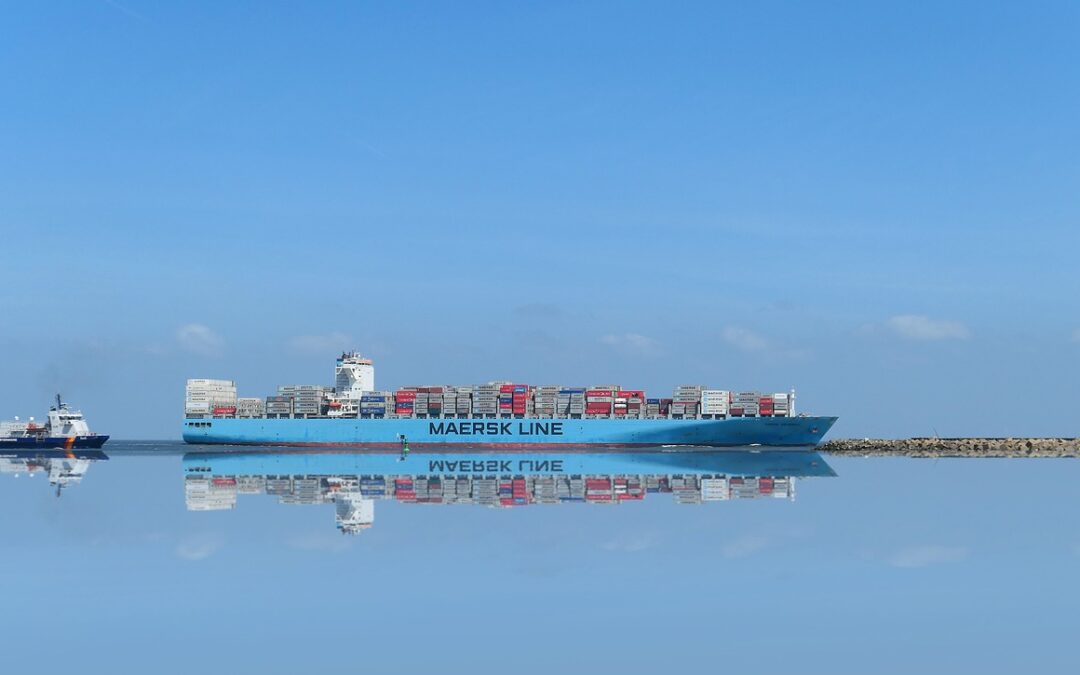About Us
Since 1976, providing freight management solutions to importers and exporters worldwide.
About Our Freight Forwarding Company
John Dedola founded our company in 1976. Pioneering the industry, he established one of the first companies to operate as an NVOCC (Non-Vessel Operating Common Carrier). Mr. Dedola’s extensive background in international retail gave him insight into the needs of importers and exporters. It was from this perspective that Dedola Global Logistics was born. Rather than simply moving freight, the company provided dedicated customer support and a broad range of services to add strength in the customers’ supply chain.
Dedola Global Logistics quickly became a leader in the international transportation industry. As containerized shipping grew, so did our global coverage and service offerings. We continued driving innovation by leveraging new technologies. As a result, we introduced one of the industry’s first online tracking systems.
Marc and Stephen Dedola continue their father’s legacy by serving as CEO and COO. This continuity has allowed us to grow in size and scope without forgetting our founding principles.
Today our clients range from small startups to Fortune 100 organizations. We continue to approach every shipment with the same customer-driven focus, assisting clients in achieving a seamless supply chain.
Dedola Global Logistics currently manages a full matrix of logistics services within all trade lanes of the world, in the air, over land and on the sea.
Timely Support
TrakIt Responses within 30 Minutes.

Innovative Ideas
You’ve heard of 3PL and maybe 4PL. But what about 10PL ?

Advanced Technology
Custom, purpose-built software to help manage your shipments.

Clear Communication
Employees that strive to translate your logistics needs into action.
Recent
Explore our Blog or connect with us through your favorite social networks.

How E-Commerce Companies Benefit from Using Freight Forwarders Beyond Courier Services
Let’s explore how e-commerce companies can use freight forwarders to enhance their logistics operations, focusing on air and ocean freight, consolidation services, and warehousing.
